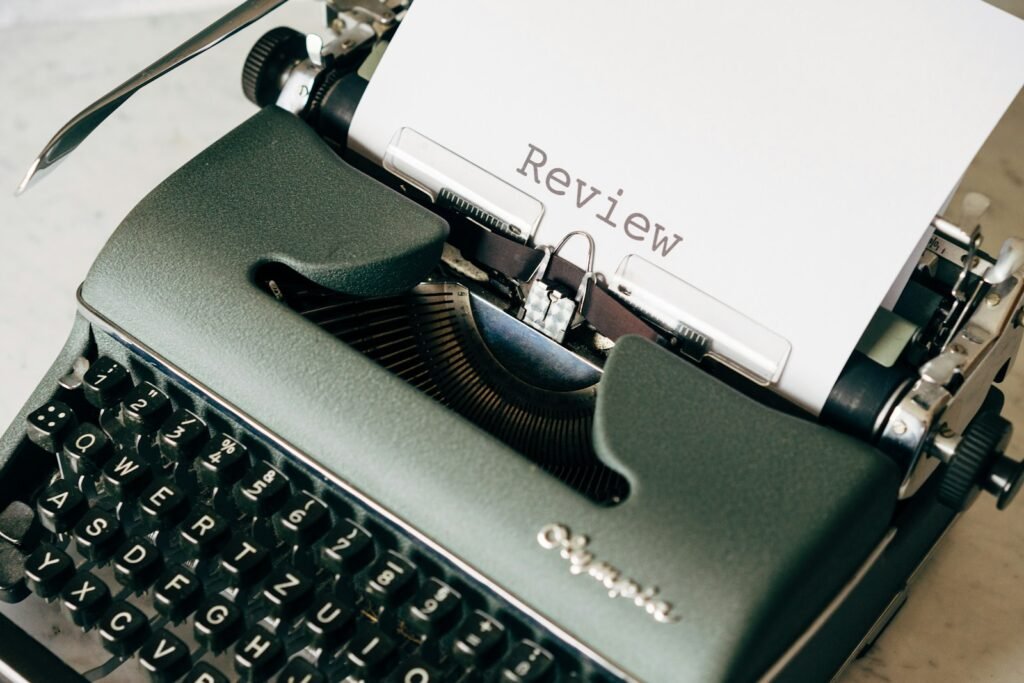
Identifying the Main Claim
As we delve into an essay, it becomes imperative to unearth the main claim with a precision akin to that of a seasoned detective. It is not simply a matter of stumbling upon a mere statement; rather, it involves unraveling the very essence that the author endeavors to communicate. Much like peeling away at the layers of an onion, every sentence and paragraph unveils another fragment of the enigma. As Maya Angelou poignantly remarked, “There is no greater agony than bearing an untold story inside you.” Let us therefore embark on this literary odyssey and excavate the pulsating core of the text.
In this pursuit for the main claim, keep your magnifying glass within reach and your critical thinking cap firmly in place. In accordance with Socrates’ timeless wisdom that “Wisdom begins in wonder,” embrace that sense of marvel as you navigate through the prose before you, seeking out that elusive thread which binds everything together. Remember, sometimes the main claim lurks in obscurity, awaiting only a discerning eye to bring it into light. And so we venture forth into this intricate maze of language armed with nothing but curiosity, valor, and just a hint of cleverness.
Recognizing Supporting Evidence
In the tumultuous sea of information that inundates us daily, it can be perplexing to differentiate between what is substantial proof and what is merely an illusion. Just as a sturdy frame supports a majestic building, supporting evidence is essential for any argument to stand tall. Without it, our assertions would crumble like a fragile house of cards in the face of a strong gust of wind. In the words of the insightful George Eliot, “Animals are such agreeable friends ― they ask no questions; they pass no criticisms.” However, in the realm of critical thinking, questioning and scrutinizing are imperative. We must demand evidence to support claims with the keen eye of Sherlock Holmes tracking down a cunning suspect.
In the chaotic world of online debates and discussions, it’s easy to become engulfed in a whirlwind of opinions disguised as facts. Identifying supporting evidence requires navigating through a maze like a detective searching for clues amidst numerous distractions. As Plato wisely noted, “Opinion is the medium between knowledge and ignorance.” By sharpening our ability to distinguish between speculation and solid evidence, we transcend mere opinion and enter into the realm of informed knowledge. So grab your magnifying glass, don your metaphorical deerstalker hat, and let’s embark on unraveling the enigmas surrounding supporting evidence together.
Evaluating the Logic
As we plunge into the intricate realm of evaluating the logic within an argument, it becomes paramount to meticulously dissect the sequence of thoughts presented with a discerning gaze. The logical foundation of an argument resembles a delicate house of cards; should one piece be amiss, the entire structure collapses in on itself with astonishing speed, like a sudden “non sequitur.” Let us heed the sagacious words of Voltaire: “Judge a man by his questions rather than his answers.” In the domain of logic, posing astute inquiries often propels us towards unveiling the concealed truth lurking beneath layers of rhetoric and persuasion.
Logic, esteemed readers, transcends convoluted syllogisms and laborious deductions. It entails unraveling the intricacies woven into reasoning presented before us akin to a sleuth deciphering clues in a perplexing mystery novel. Reflect upon Albert Einstein’s contemplation: “The world is perilous not due to malevolent individuals but because of those who stand idly by.” In our quest to assess logic, let us assume roles as vigilant sentinels of reason unafraid to interrogate, challenge, and ultimately unearth precious truths buried within labyrinthine arguments. Logic is more than mere intellectual tool; it serves as our compass navigating through treacherous waters teeming with deception and fallacy.
Considering Counterarguments
Opposing perspectives, oh the tantalizing zest of intellectual discourse. When someone interjects with a “but have you pondered…” you can feel the anticipation building. It’s like adding a burst of flavor to an otherwise mundane dish. As the renowned philosopher Oscar Wilde famously remarked, “The unadulterated truth is seldom pure and never uncomplicated.” So, when faced with counterarguments, welcome the intricacy, for in the collision of thoughts, a spark of enlightenment may just be kindled.
As you navigate through the maze of opposing viewpoints, remember it’s not about being on the defense but rather honing your own argumentative prowess. Socrates, the original guru of questioning everything, once said, “To find yourself, think for yourself.” So when confronted with differing opinions, don’t retreat instead delve into them deeply and dissect them thoroughly; it is through this process that your own argument will gain vigor and tenacity. Embrace the challenge because as Emily Dickinson astutely observed,”Truth is so scarce that it is gratifying to proclaim it.”
Assessing Credibility
When one is tasked with assessing the credibility of a source, it feels like trying to unearth the truth in a whirlwind of diverse opinions – truly an intriguing journey! A method to navigate through this perplexing terrain is by taking into account the author’s level of expertise in the field. As Richard Dawkins astutely points out, “It is completely secure to assert that if you come across someone who denies evolution, that individual is either uninformed, foolish, or deranged (or malevolent, but let’s not dwell on that).” Therefore, let us give credence to those whose qualifications and experience sparkle brighter than a rare gem.
Furthermore, it is crucial not to overlook the significance of scrutinizing potential biases or conflicts of interest that could taint the reliability of the source. As Mark Twain comically quipped, “Obtain your facts first; then you can distort them as much as you please.” While Twain’s words may bring amusement, they also serve as a reminder to sift through the information provided and unveil any concealed motives. Ultimately, a credible source resembles an honest companion – transparent, dependable, and always prepared to offer you unvarnished truths.
Examining Assumptions
Oh, assumptions – those elusive creatures that lurk beneath the surface of our discussions, waiting to surprise us when we least expect it. They’re like unwanted guests at a gathering who make themselves too comfortable. But fret not, dear readers, as we are here to shed light on these presumptuous troublemakers and reveal their true essence.
As we wade into the murky depths of assumptions, let’s recall the words of the wise Socrates, who famously said, “The only true wisdom is in knowing you know nothing.” Wise indeed, Socrates recognized the perils of unchecked assumptions. These sneaky infiltrators can lead us astray, clouding our judgment and blurring reality with fiction. Therefore, let us take his counsel and approach our assumptions with skepticism and an open mind.
In the realm of debates, assumptions act as silent partners we never invited. They whisper half-truths in our ears, persuading us without evidence. Yet as Bertrand Russell brilliantly pointed out, “Do not fear to be eccentric in opinion; every accepted opinion was once considered eccentric.” So let’s challenge our assumptions, welcome diversity of thought and pave a path for new revelations and breakthroughs.
Looking for Fallacies
Oh, the perplexing realm of fallacies! These elusive little rascals are akin to jesters in the circus of discourse initially amusing but ultimately disruptive. It’s as if you’ve invited a suave trickster to a solemn discussion and then wondered how chaos ensued. As the venerable Arthur Schopenhauer aptly noted, “All truth progresses through three stages. First, it is mocked. Second, it is vehemently opposed. Third, it is recognized as self-evident.” So, when confronted with a fallacy during an argument, keep this sagacious observation in mind and prepare yourself for a confrontation.
Now let us delve into some prevalent fallacies that roam freely in the untamed wilderness of dialogue. One such mischievous character is the classic ‘ad hominem’ fallacy attacking the individual presenting an argument rather than addressing the argument itself. It’s like participating in a boxing match and dedicating all your efforts to mocking your opponent’s sock preference instead of landing a decisive blow. Recall Aristotle’s insightful words: “It is characteristic of an educated mind to be able to consider an idea without necessarily accepting it.” Therefore, stay vigilant, avoid falling into fallacious traps, and allow sound reasoning to navigate you through the intricate maze of debate.
Checking for Biases
Biases, oh biases – those elusive little troublemakers that slip into our writing without a warning. Like a phantom in the darkness, biases have the power to twist our viewpoint and lead us astray into a labyrinth of distorted logic. As the wise Maya Angelou once remarked, “Prejudice is a heavy load that muddles the past, menaces the future, and blocks access to the present.”
When hunting for biases, one must be ever watchful and meticulous. Remember, biases can take on various forms – from cultural prejudices to personal biases shaped by our own experiences and convictions. As humorist Mark Twain wittily observed, “It’s not what you don’t know that gets you in trouble. It’s what you’re sure about but isn’t true.” So stay alert for those crafty biases lurking in the shadows of your writing, poised to ambush and distort your argumentation.
Exploring Alternative Perspectives
From a corner steeped in the depths of scholarly discussion, let us plunge into the mesmerizing realm of exploring unconventional viewpoints. Imagine yourself wandering through a vibrant marketplace of ideas, where each stand presents a distinct outlook on the vast tapestry of human cognition. It’s a chaotic chorus of voices, an orchestra of conflicting opinions that tantalize the mind and spark curiosity.
As we navigate through this mental carnival, let us not overlook the sagacity of the esteemed philosopher Bertrand Russell, who famously declared, “Do not shy away from holding eccentric beliefs, for every currently accepted belief was once deemed eccentric.” Embracing alternative perspectives is more than just an exercise in open-mindedness; it serves as a testament to the vivacity of human ingenuity and our limitless capacity for imagination. So, let us discard our preconceived notions and relish in the kaleidoscope of ideas that beckon us towards uncharted territories.


